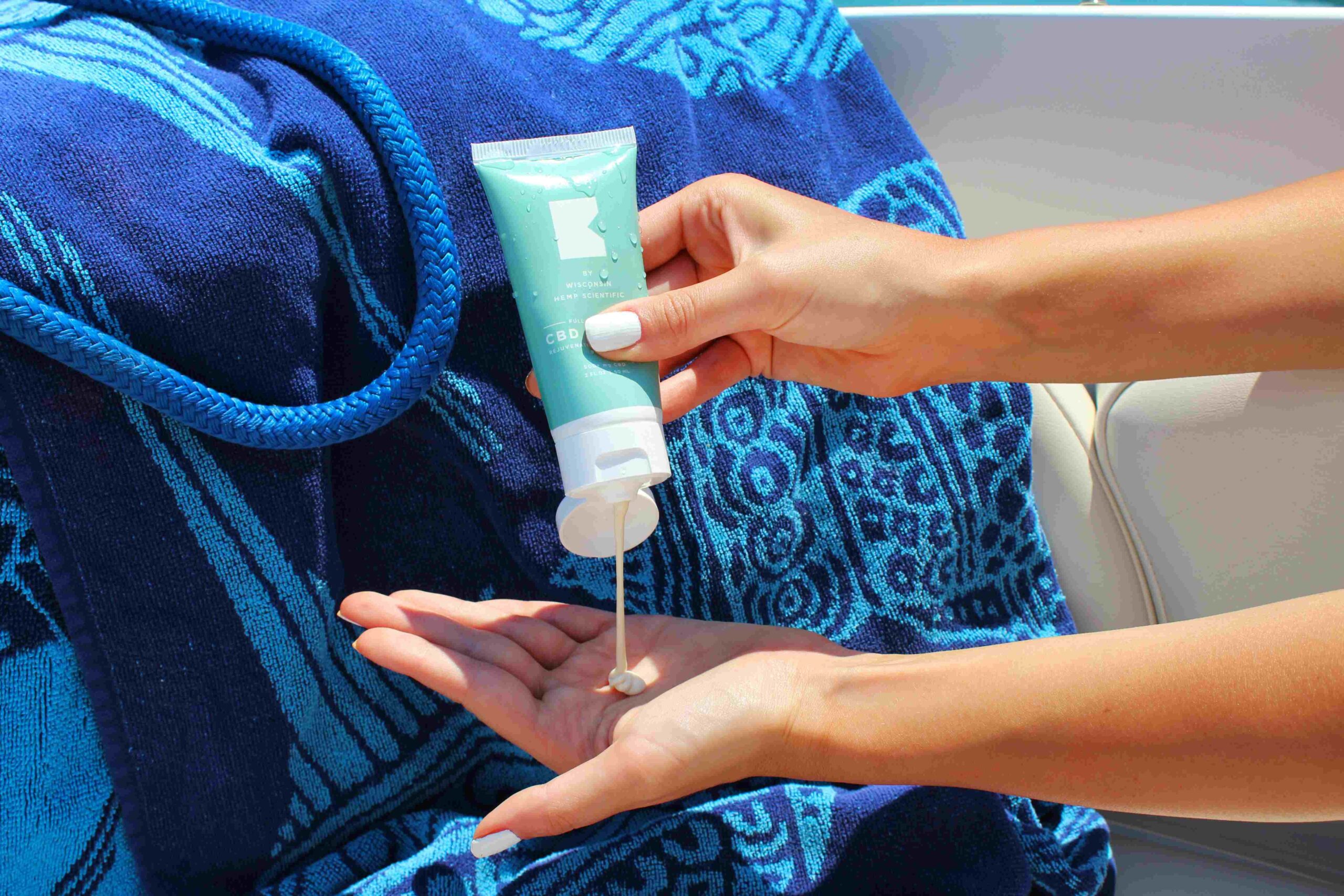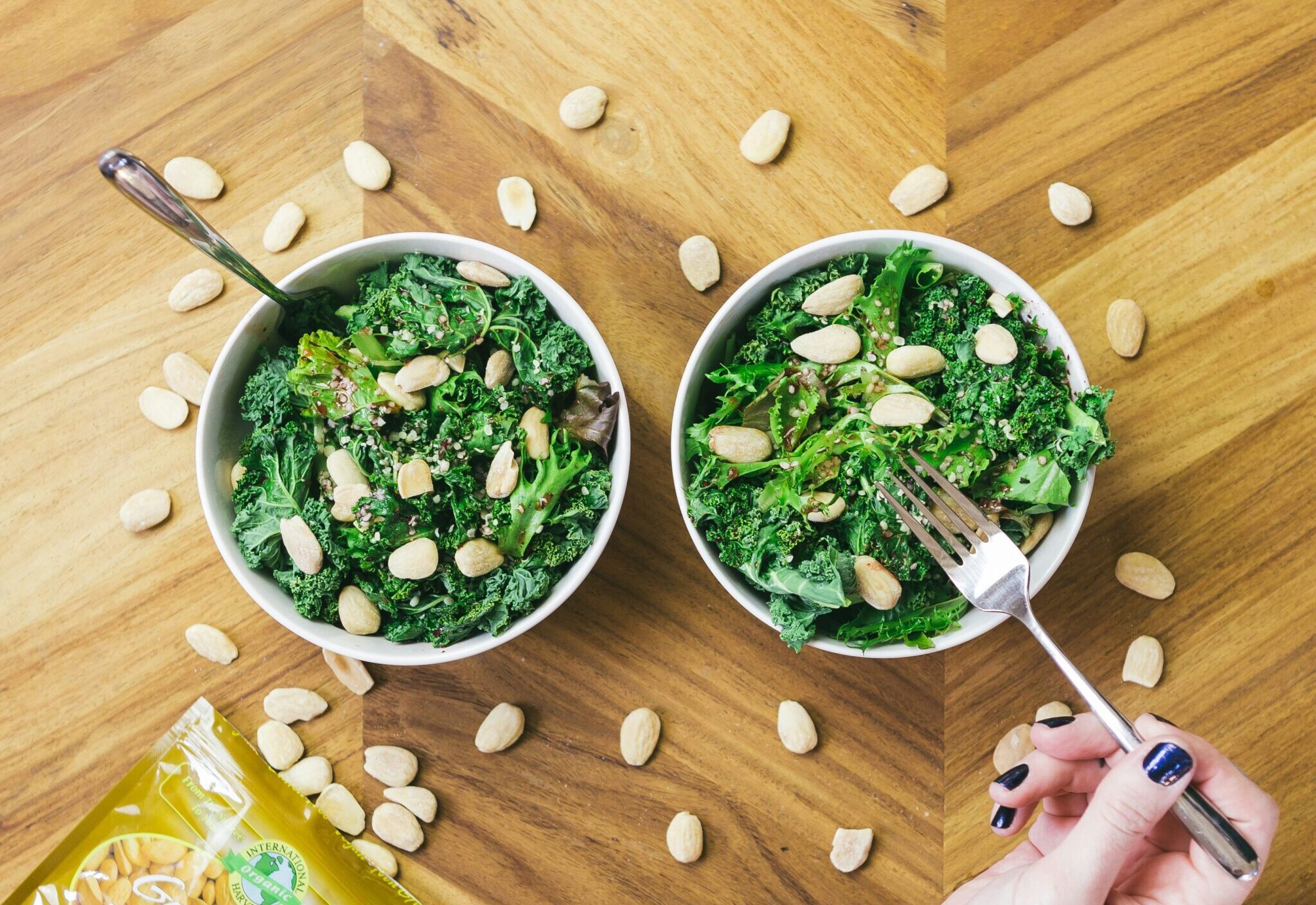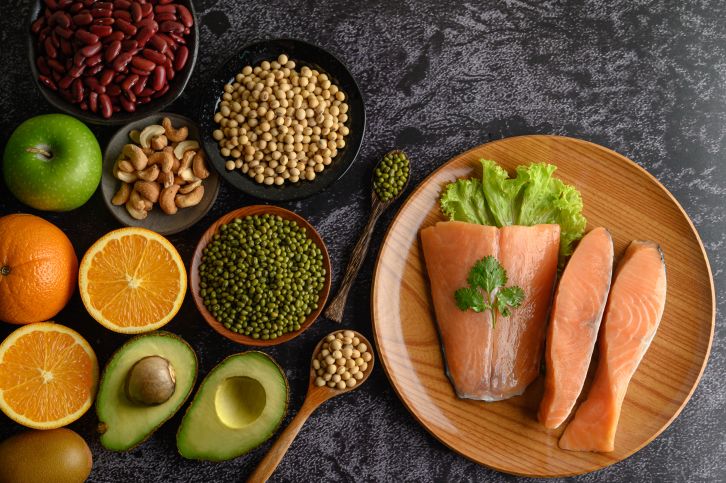While applying sunscreen is a critical step in protecting your skin from harmful UV rays, did you know that certain foods can also provide a layer of sun protection and acts as a natural sunscreen from the inside? Incorporating these foods into your diet can enhance your skin’s resilience to sun damage, complementing your topical sunscreen for a more comprehensive approach to sun safety.
Here’s a closer look at the natural ingredients that can help shield your skin from the sun’s harmful effects.
Importance of sunscreen and natural sunscreen diet
While sunscreen remains the frontline defense against harmful UV rays, integrating sun-protective foods into your daily diet can provide an extra layer of protection. By consuming foods rich in antioxidants and beneficial nutrients, you can naturally boost your skin’s ability to fend off sun damage.
This holistic approach to sun protection not only helps safeguard your skin but also contributes to your overall health, giving you more reason to enjoy these nutritious and delicious options.
1. Tomatoes and Tomato-Based Products
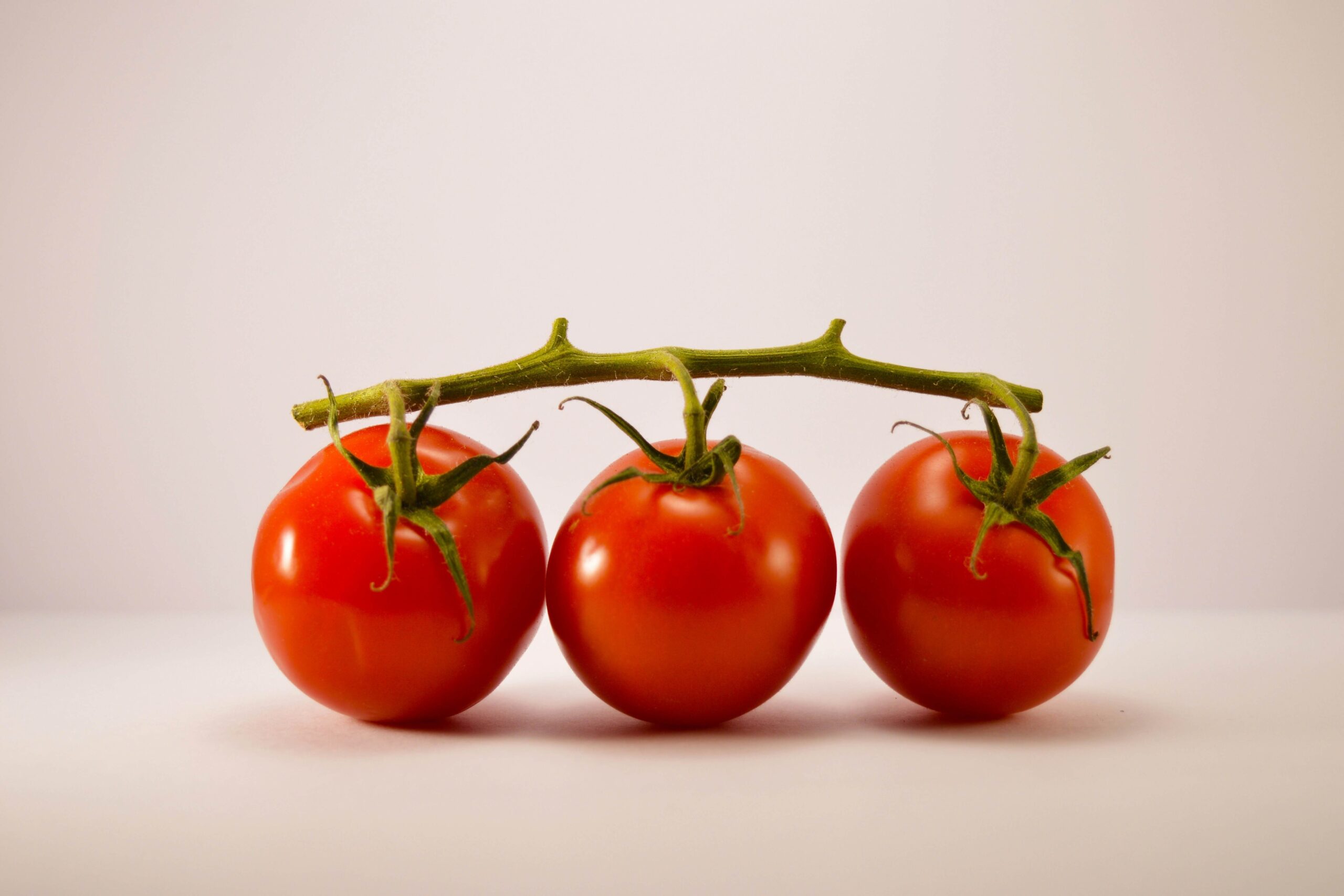
Rich in lycopene, an antioxidant that improves the skin’s natural SPF, tomatoes are a powerhouse when it comes to sun protection and acts as an effective natural sunscreen. Studies suggest that consuming tomato paste can significantly reduce sunburn and skin aging caused by exposure to UV rays.
Whether it’s fresh tomatoes, tomato sauce, or tomato juice, incorporating these into your meals can boost your skin’s defense against the sun.
2. Orange Fruits and Vegetables
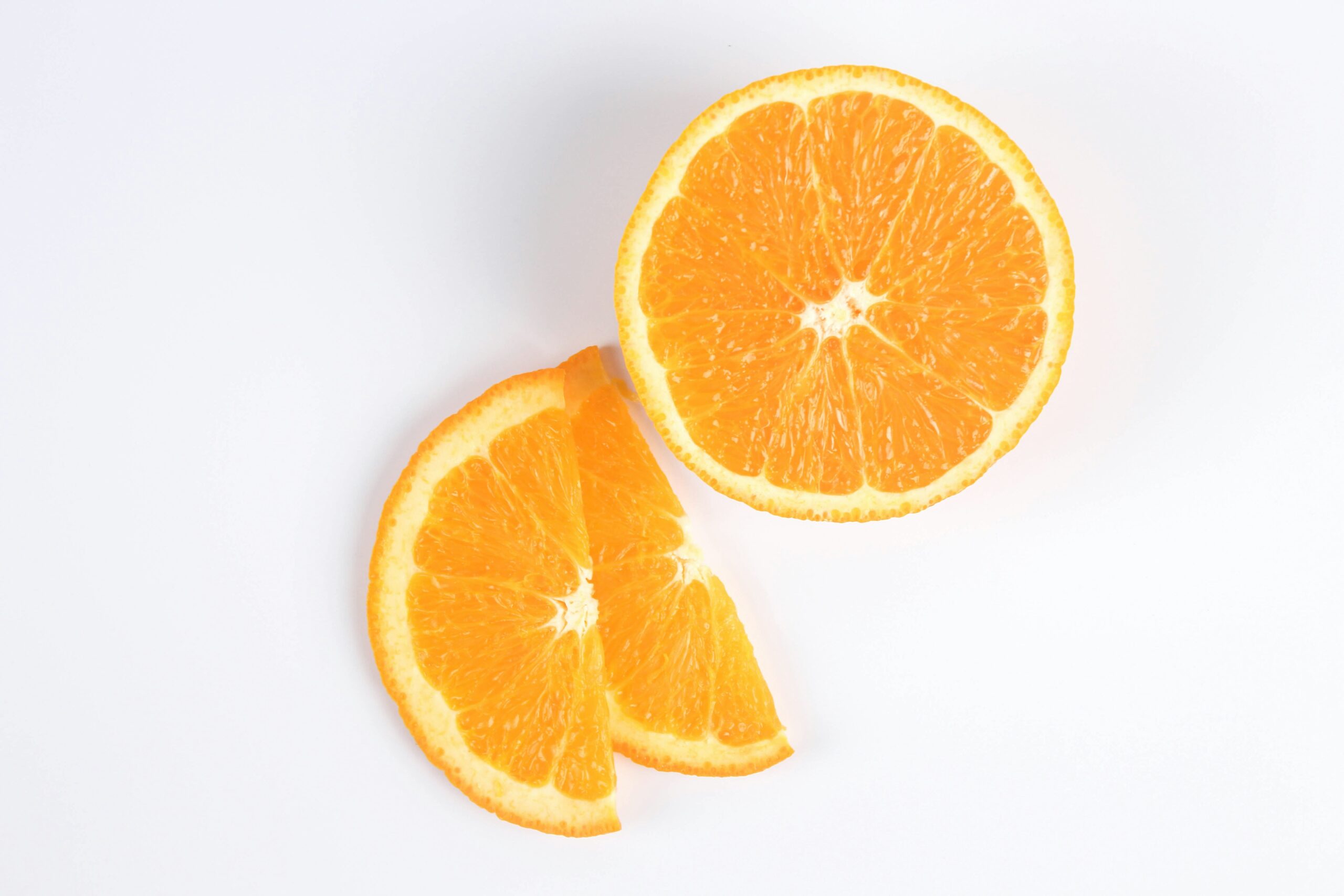
Carrots are loaded with beta-carotene, which not only gives them their vibrant color but also offers photoprotective properties. This antioxidant is converted into vitamin A in the body, which is essential for repairing skin tissues and providing protection against sun damage. This makes oranges a tasty treat with lots of nutrients with additional natural sunscreen effect.
Sweet potatoes, pumpkins, and mangoes are also rich in beta-carotene and can contribute to a sun-safe diet.
3. Green Tea and other Herbal Teas
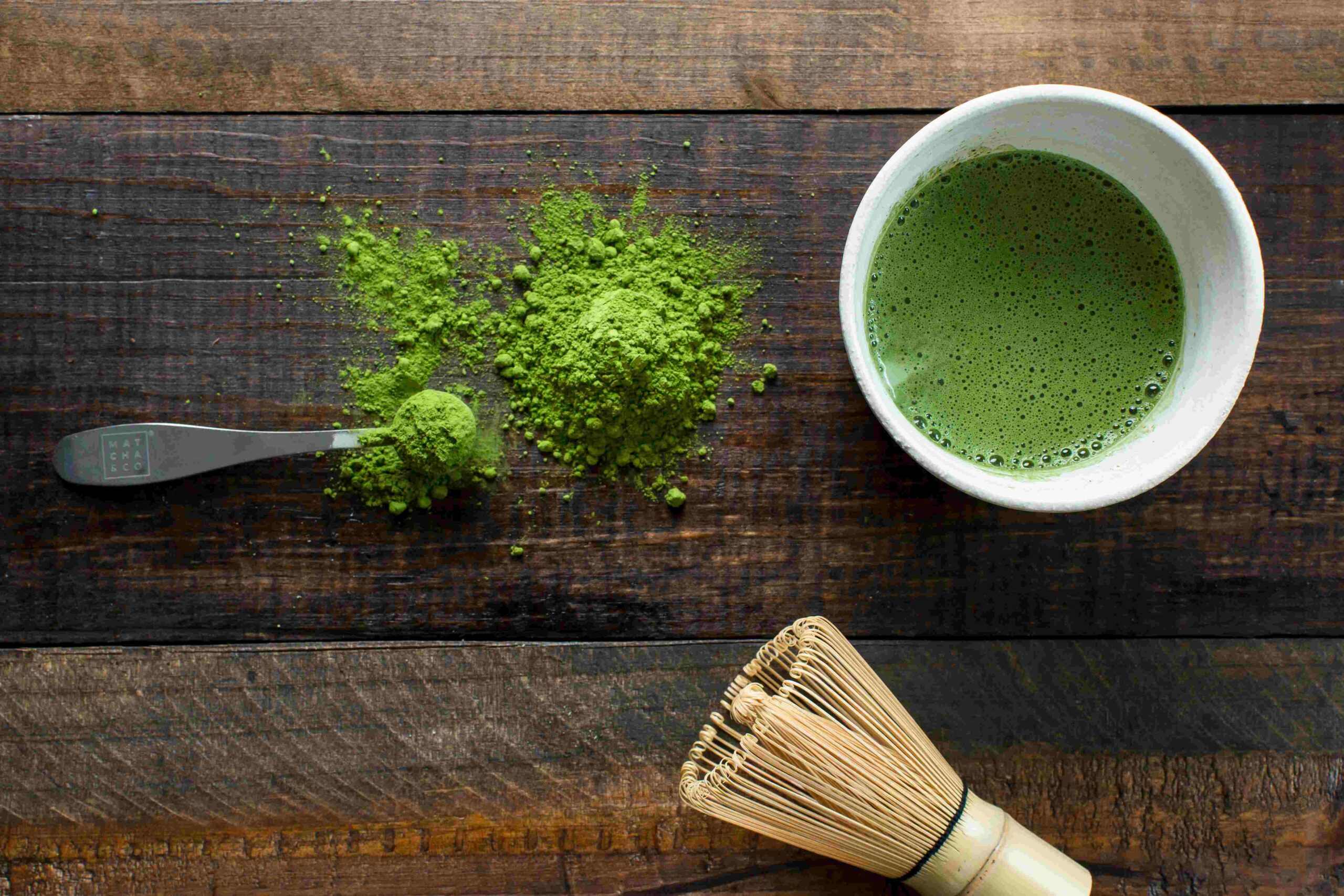
Green tea is packed with catechins, powerful antioxidants known for their anti-inflammatory and anticancer properties. These compounds can protect the skin from UV radiation, reducing the risk of sunburn and skin cancer.
Herbal teas, particularly those made from chamomile or calendula, can also acts as natural sunscreen due to their anti-inflammatory properties.
4. Dark Chocolate
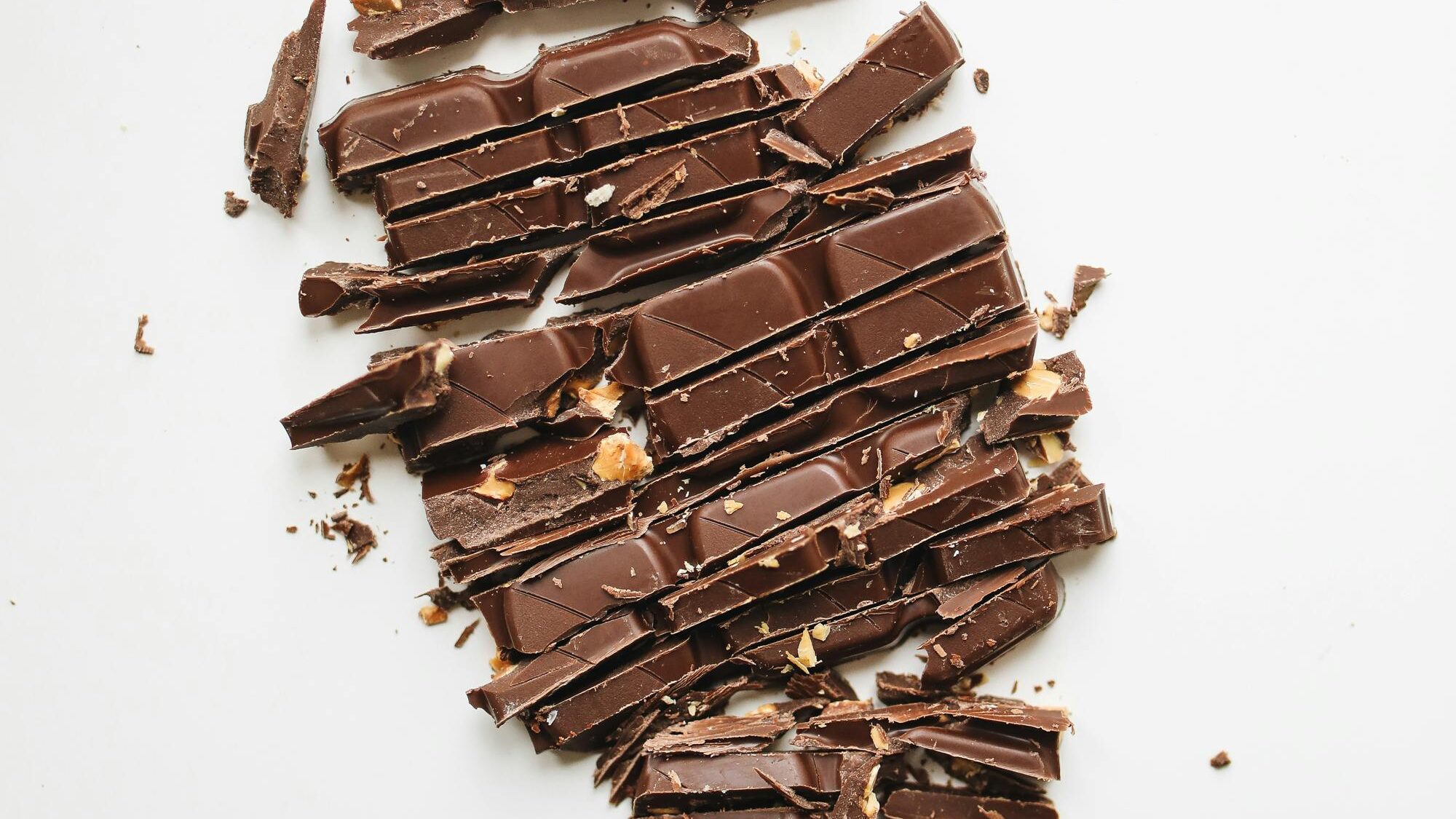
Indulging in dark chocolate can be good for your skin, thanks to its high levels of flavonoids. These antioxidants increase the skin’s ability to reflect UV rays, reducing the risk of sunburn and skin damage.
For the best natural sunscreen benefits, choose dark chocolate with a high cocoa content (at least 70%) and consume it in moderation.
5. Fatty Fish
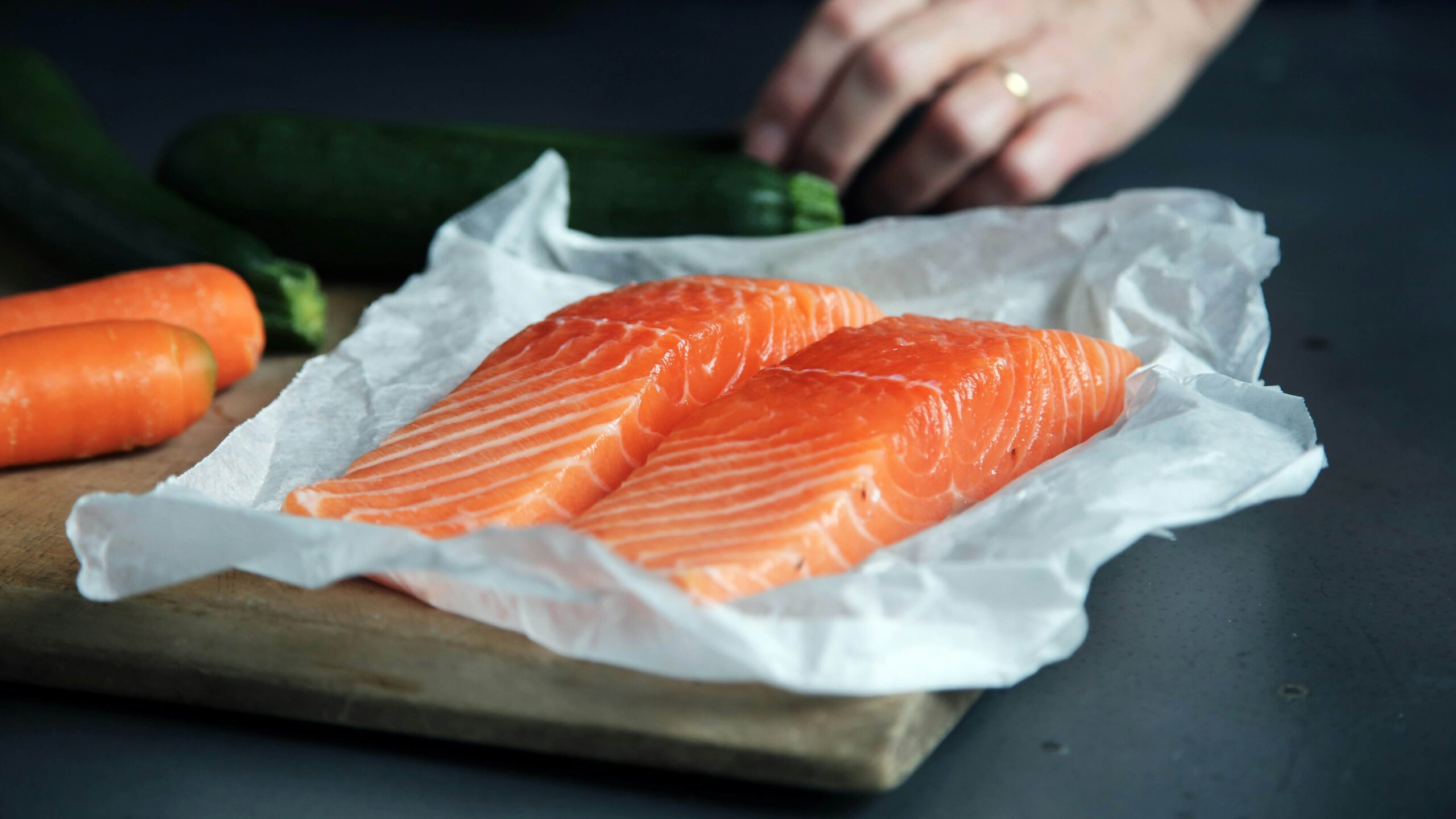
Fatty fish like salmon, mackerel, and herring are excellent sources of omega-3 fatty acids and vitamin D, both of which offer protection against sun damage. Omega-3s help reduce the risk of skin cancer and can minimize the inflammatory response to UV rays, while vitamin D plays a crucial role in skin health and repair.
6. Nuts and Seeds
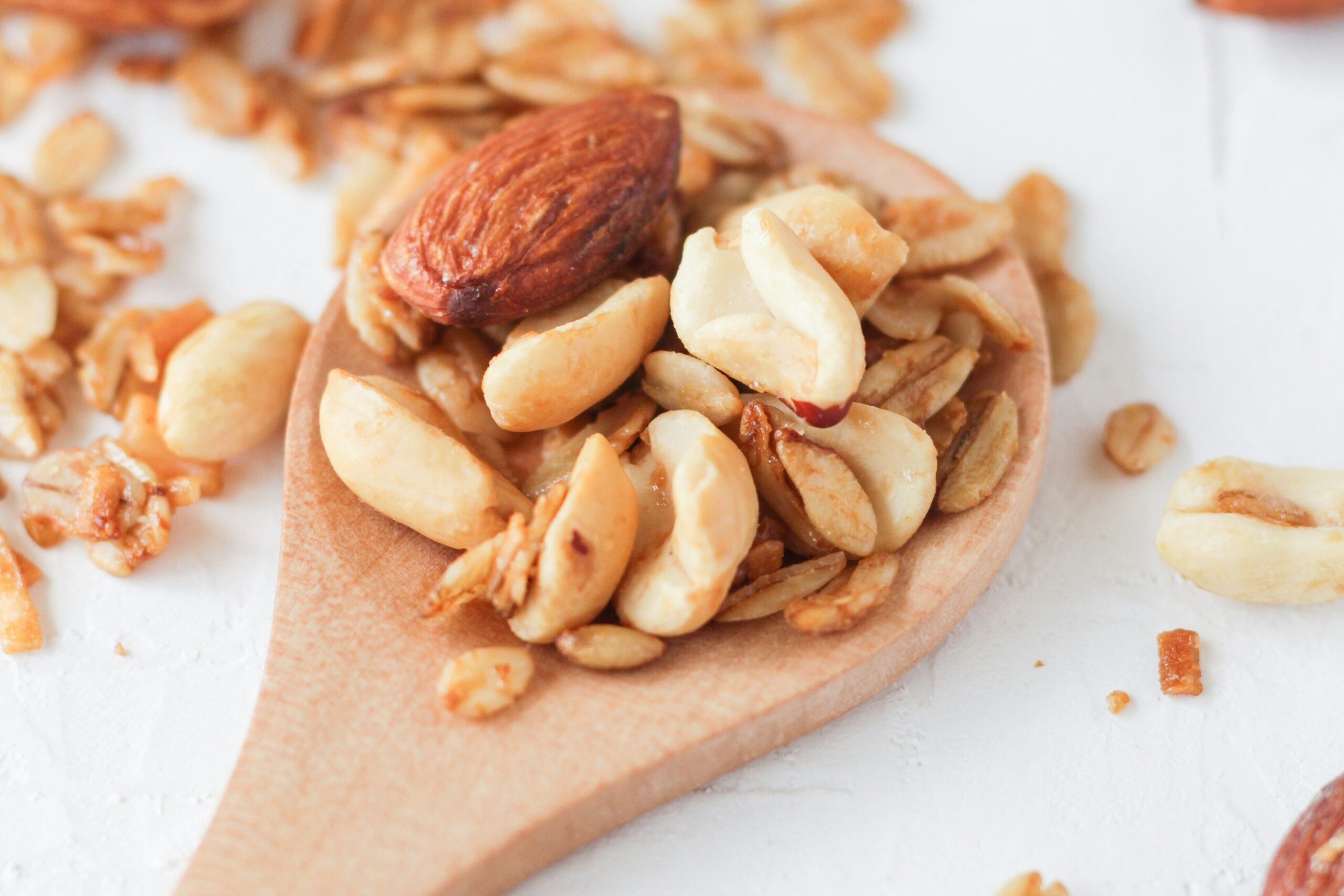
Nuts and seeds, particularly almonds and sunflower seeds, are high in vitamin E, an antioxidant that can help protect the skin from sun damage. Vitamin E works in tandem with vitamin C (found in citrus fruits and bell peppers) to provide a potent antioxidant effect that defends the skin against UV-induced photoaging and skin cancer.
Implementing a Sun-Safe Diet
Incorporating these foods into your daily diet can enhance your skin’s natural defenses against UV rays. However, it’s important to remember that these foods are not a substitute for topical sunscreen. For the best protection, continue to apply a broad-spectrum sunscreen with an SPF of 30 or higher, seek shade when the sun’s rays are strongest, and wear protective clothing.
By combining a sun-safe diet with traditional sun protection measures, you can enjoy the outdoors while minimizing your risk of sun damage. So next time you’re planning a meal or snack, consider adding some of these skin-friendly foods to your plate for an extra layer of sun protection.
